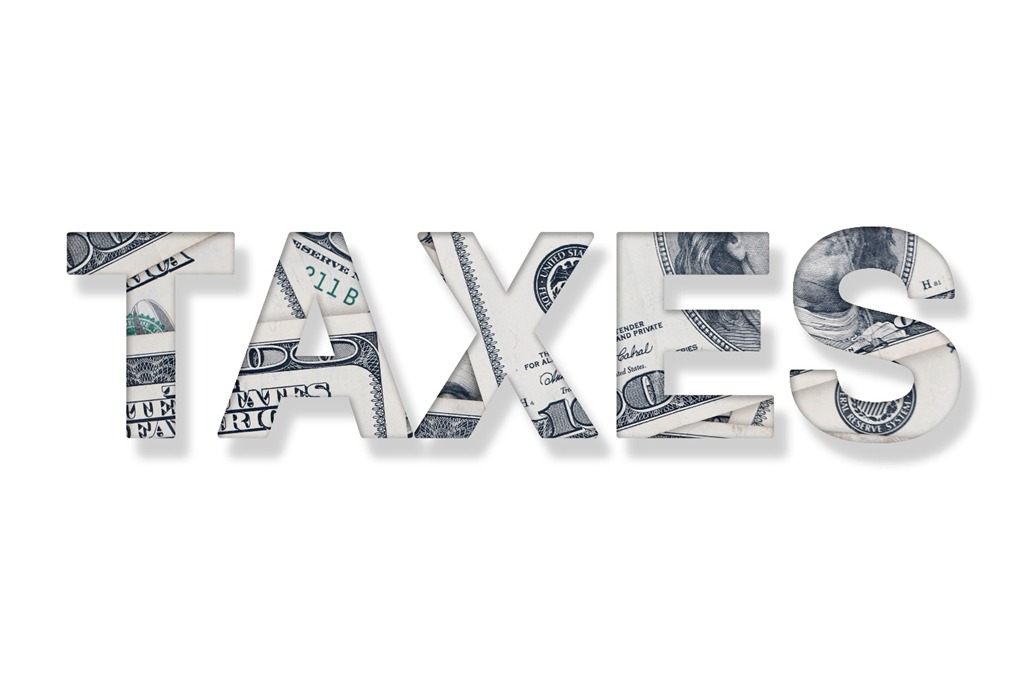
Filing Your U.S. Federal Income Tax Return as a Puerto Rico Resident A Step-by-Step Guide
Bona fide resident of Puerto Rico during the entire tax year
First, let’s talk about bona fide residents of Puerto Rico. If you’ve lived on this beautiful island for the entire tax year and earned all your income from local sources, you can sit back, relax, and sip your piña colada because you generally won’t have to file a U.S. federal income tax return. However, if you’ve earned income from outside Puerto Rico, including U.S. sources, you’ll need to file a return if your income is above the U.S. filing threshold. But don’t fret, you typically won’t have to report Puerto Rican source income on a U.S. income tax return.
To figure out your filing requirement based on the filing thresholds, take a look at the individual tax return instructions. For more details on bona fide residency and income filing requirements, refer to Publication 570 and Publication 1321.
Bona fide resident of Puerto Rico and a U.S. government employee
Now, let’s say you’re a bona fide resident of Puerto Rico and also a U.S. government employee. In that case, you’re required to file a U.S. income tax return, reporting all income received for performing services for the U.S. government, including services performed in Puerto Rico. Members of the U.S. Armed Forces and their civilian spouses should check out Publication 570 and Notice 2012-41 for special tax filing rules.
U.S. citizens and resident aliens who aren’t bona fide residents of Puerto Rico during the entire tax year
If you’re not a bona fide resident of Puerto Rico for the entire tax year, you’ll need to report all income from worldwide sources on your U.S. income tax return. However, if you change residence from Puerto Rico after being a bona fide resident for two years, you can exclude Puerto Rican source income attributable to the part of the year when you were a resident.
What about self-employment income derived from a trade or business in Puerto Rico and/or elsewhere?
Whether you’re a graphic designer or an artisanal soap maker, if you’re self-employed in Puerto Rico, you might have to file a return with the United States. Residents who aren’t required to file a U.S. income tax return must file Form 1040-SS or Form 1040-PR to report self-employment income and pay self-employment tax if necessary. For more guidance, see the Instructions for Form 1040-SS and Instructions for Form 1040-PR.
Child Tax Credit expanded to residents of Puerto Rico
Last but not least, let’s talk about the Child Tax Credit. Starting from tax year 2021, residents of Puerto Rico with one or more qualifying children are eligible for up to $3,600 per child for 2021 and up to $1,500 per child for 2022. To claim this credit, file a federal tax return with the IRS using Form 1040-PR, 1040-SS, 1040, or 1040-SR, even if you don’t have a filing requirement or have little to no income.
There you have it! We’ve broken down the essentials of filing U.S. federal income tax returns for Puerto Rico residents. Now you can navigate the tax season with ease and confidence, even if you’re not a tax whiz!
***Disclaimer: This communication is not intended as tax advice, and no tax accountant -client relationship results**
